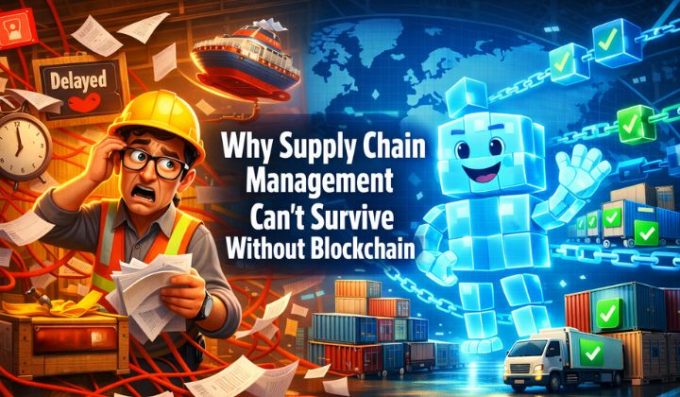Web3 Diaries- Do Kwon Jailed in Montenegro for Document Forgery
Terraform Labs founder Do Kwon has been sentenced to four months in jail by a Montenegro court after being found guilty of document forgery.
A Basic Court in the country’s capital Podgorica shared the verdict on Monday, adding that the time spent in detention will be included in the sentence.
The South Korean national was arrested in the Balkan nation back in March for the alleged possession of falsified documents, along with another Terra executive Han Chang-Joon. The two have remained in custody since their arrest despite local courts approving bail last week on the second try.
By the same verdict, two Costa Rican passports, two Belgian passports and two identity cards belonging to Kwon and Han were also confiscated, the court said.
Leading up to Kwon’s arrest in Montenegro, the former executive maintained he was “not on the run,” even as authorities in South Korea started an international search for him, including requesting a red notice from Interpol. Both South Korean and U.S. authorities have requested his extradition to face criminal charges related to the collapse of the multi-billion dollar crypto enterprise Terra in May 2022.
A High Court in Podgorica earlier confirmed that Kwon will remain in “extradition custody’ for six months while South Korea's request is under consideration.
Ethereum Developers Propose Raising Validator Limit
Ethereum developers are set to increase the validator current limits drastically, the move aimed at compensating for a bump in waiting time, and spinning further interest in protocol.
Developers have proposed raising the validator limit from 32 ether (ETH) to 2,048 ether – a whopping 6,300% increase.
This has forced large entities, such as Lido or staking services offered by crypto exchanges, to spin up multiple validator nodes to offer staking yield services to users.
Developers said on an Ethereum core developer call on Thursday that the current limit led to a brisk expansion of the network’s validator set, albeit with a large increase in the number of validators running the network.
The proposal was first floated in early June by Ethereum developers Mike Neuder, Francesco D’Amato, Aditya Asgaonkar and Justin Drake. The proposal is still under debate and isn’t actively being worked on as of Monday.
Validators are entities in a proof-of-stake blockchain, such as Ethereum, that process transactions and help maintain the overall security of such networks.
Data shows the current waiting time for a user to run a validator node on Ethereum is 44 days, up from nearly a month in May. Exiting the network is possible within a few minutes, and no entity is in the “exit queue” as of Monday, the data shows.
The data indicates the demand for validators to enter the network and earn a nearly 5% annual yield. Such strong demand is likely stemming from large ether holders, who do not want to cash out and instead just want to earn some passive income on their holdings.
EU Puts Digital Euro Legislation on Hold
As per CoinDesk report, the European Union legislation needed to underpin a digital euro, originally due to be published June 28, has been put on hold.
The move follows the leaking of the draft bill, which covers privacy and technical issues for the central bank digital currency (CBDC), and a statement by finance ministers that appeared to question the motivation for the plan last week.
The timeline for the draft bill, intended to be published ahead of a firm European Central Bank decision on whether to issue the currency in a digital form, has shifted several times. It was at one stage planned for May.
The bill was most recently been scheduled for discussion and publication at a June 28 meeting of the European Commission’s decision-making body, according to a tentative forward agenda published last week. The commission did not provide a reason for the delay, nor did it give a new date for publication.
The plans were also discussed by finance ministers from the euro area at a regular Thursday meeting.
Ministers stressed the “importance of developing a compelling and clear narrative regarding what would be the added value of this development” in terms of a difference to the economy and citizens’ lives, Irish Finance Minister Paschal Donohoe in a statement after he chaired the talks, adding that “within our institutions ministers want to support this work but also look at how we can further develop that narrative.”
You need to login in order to Like













